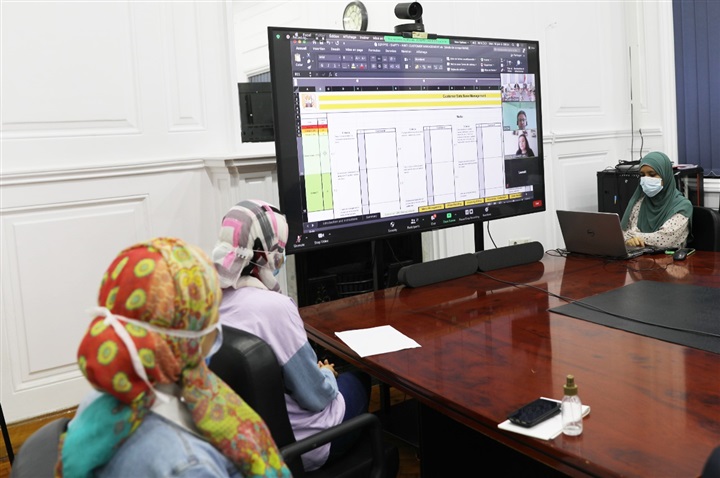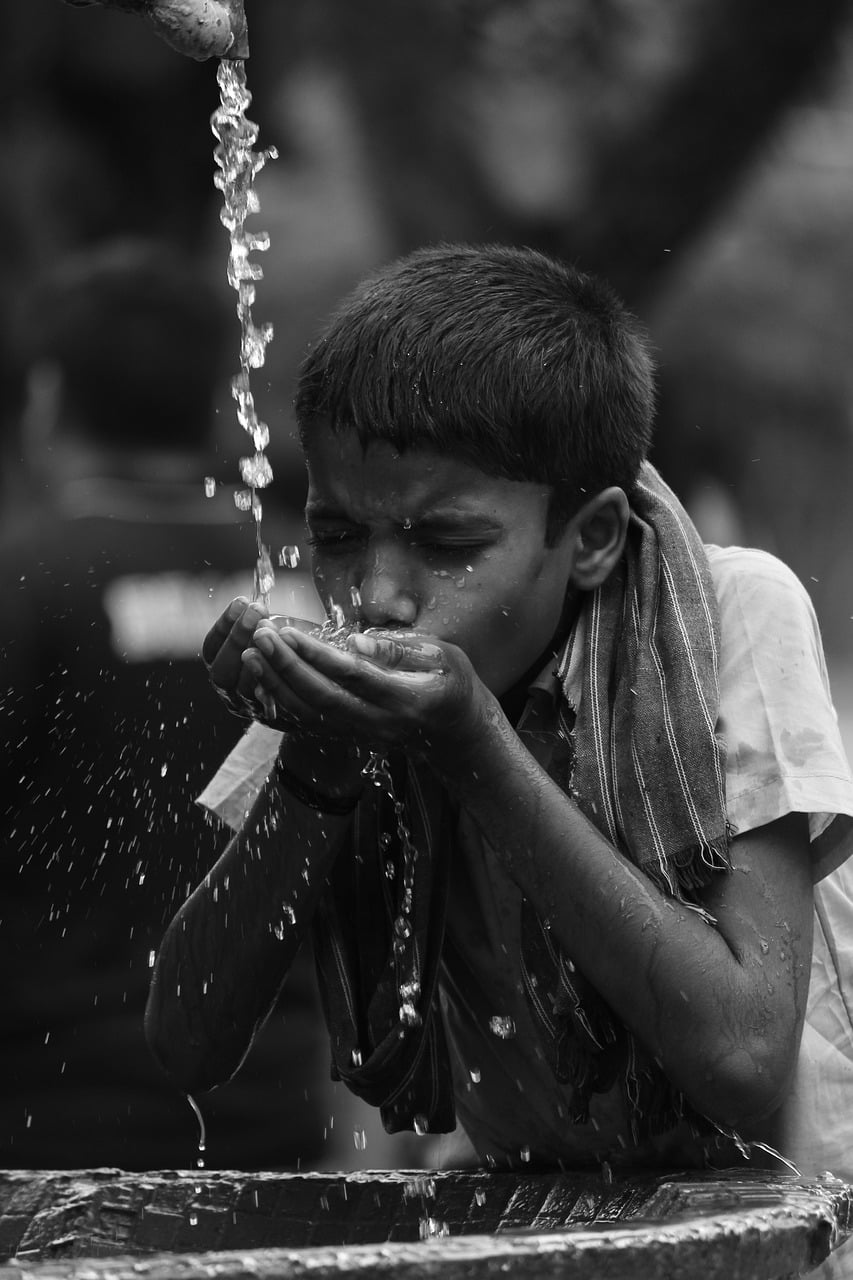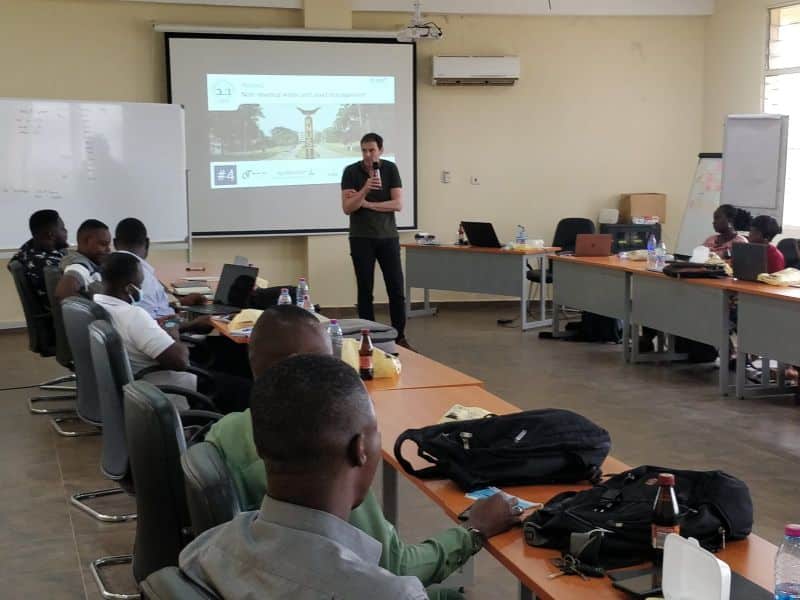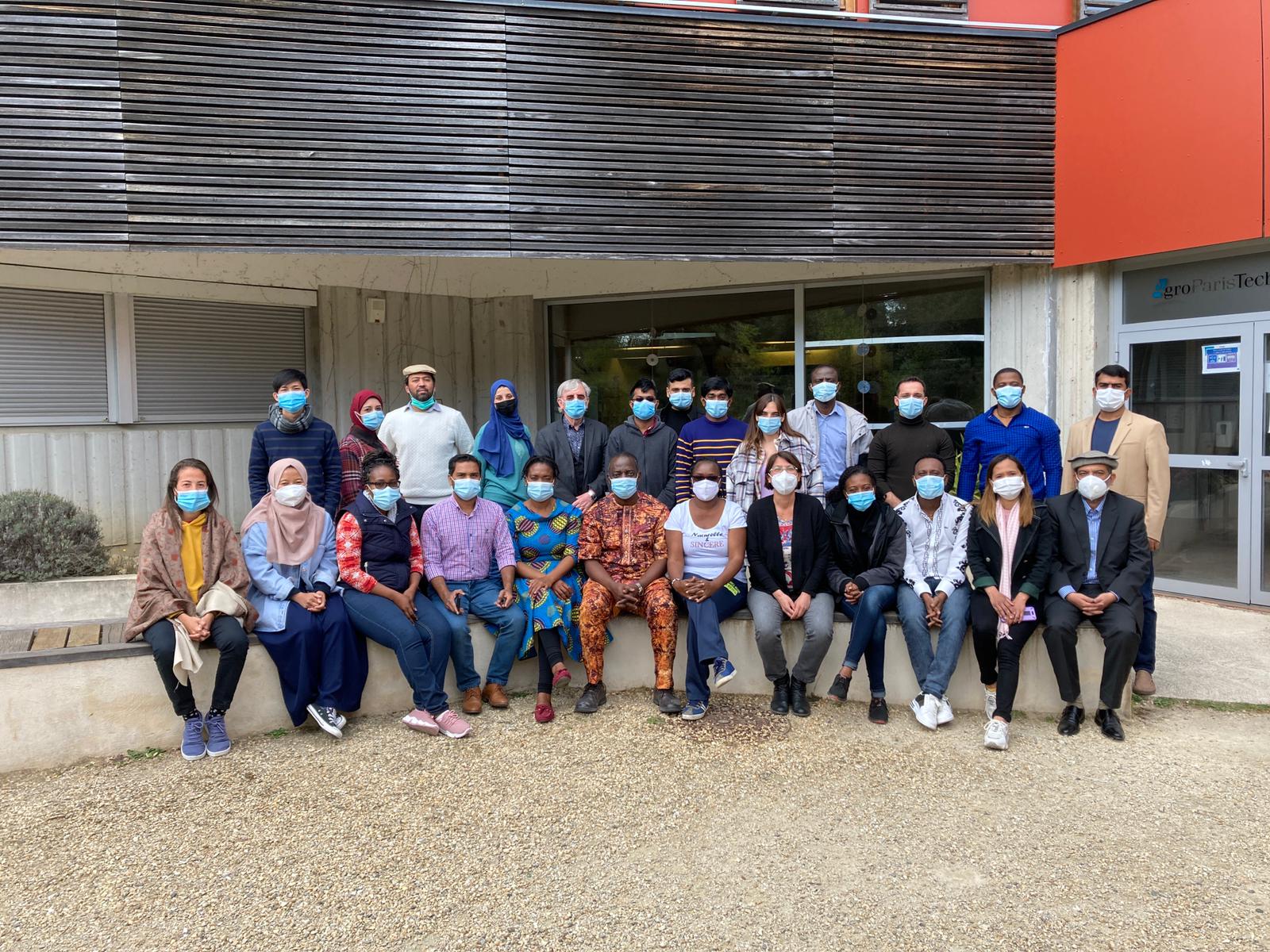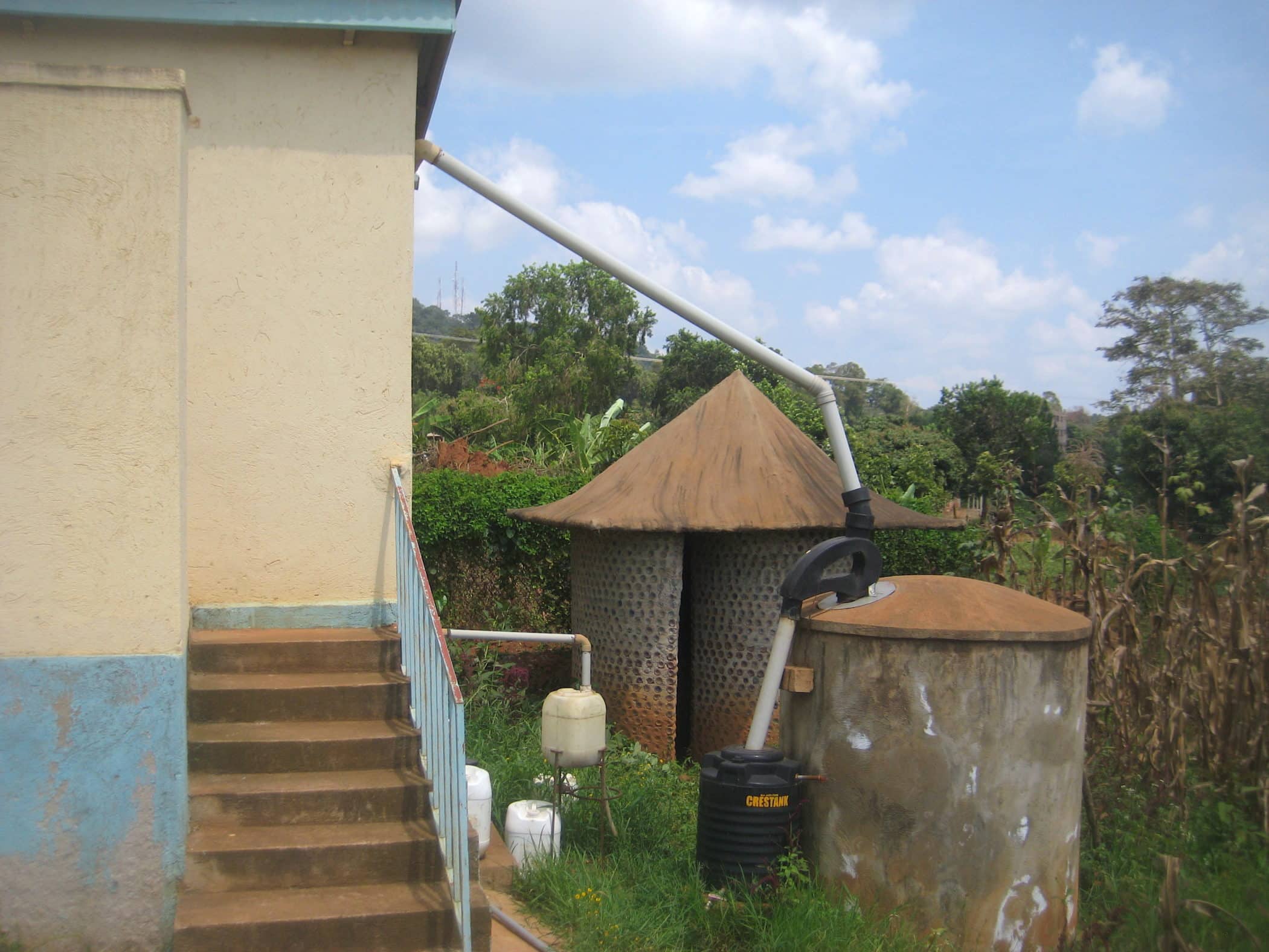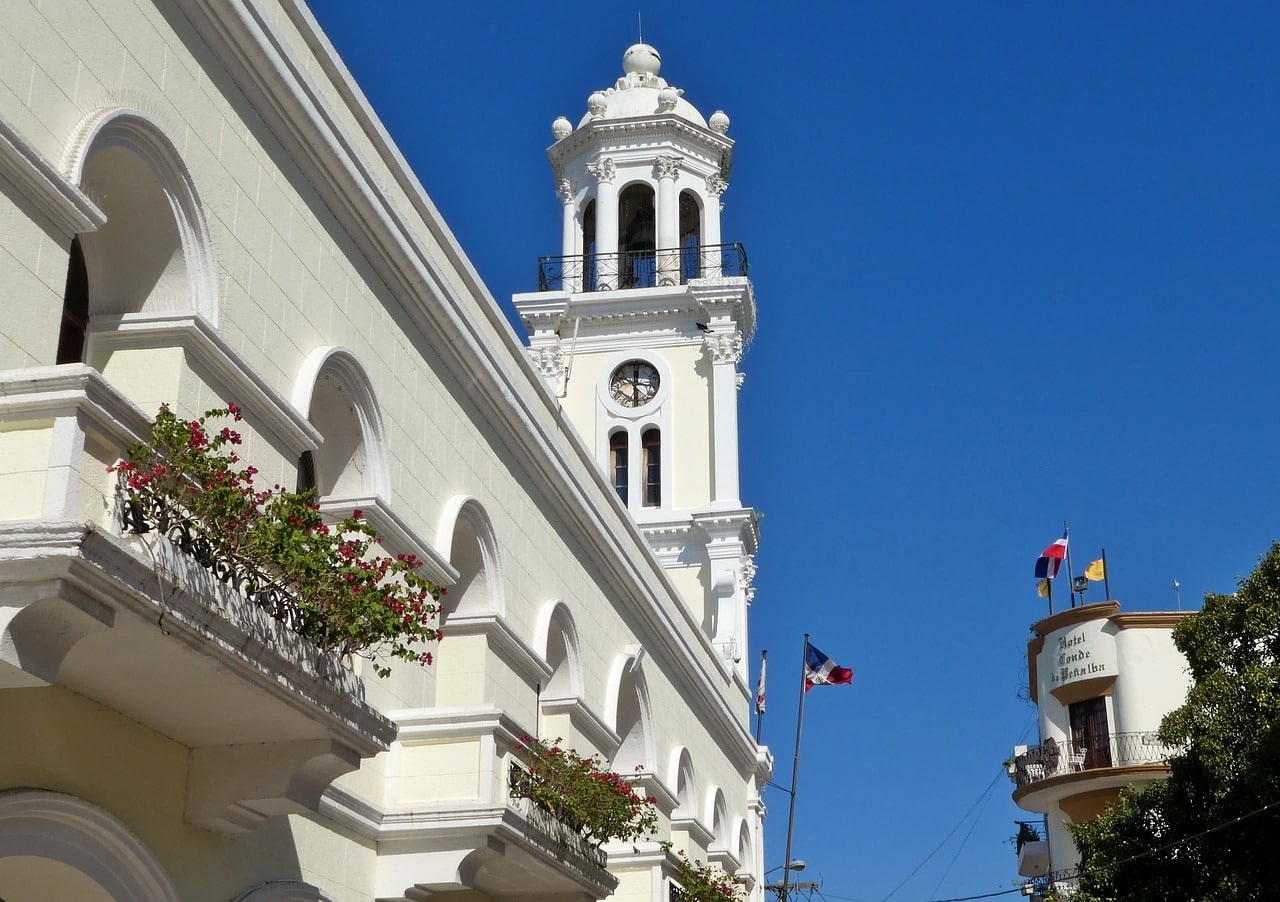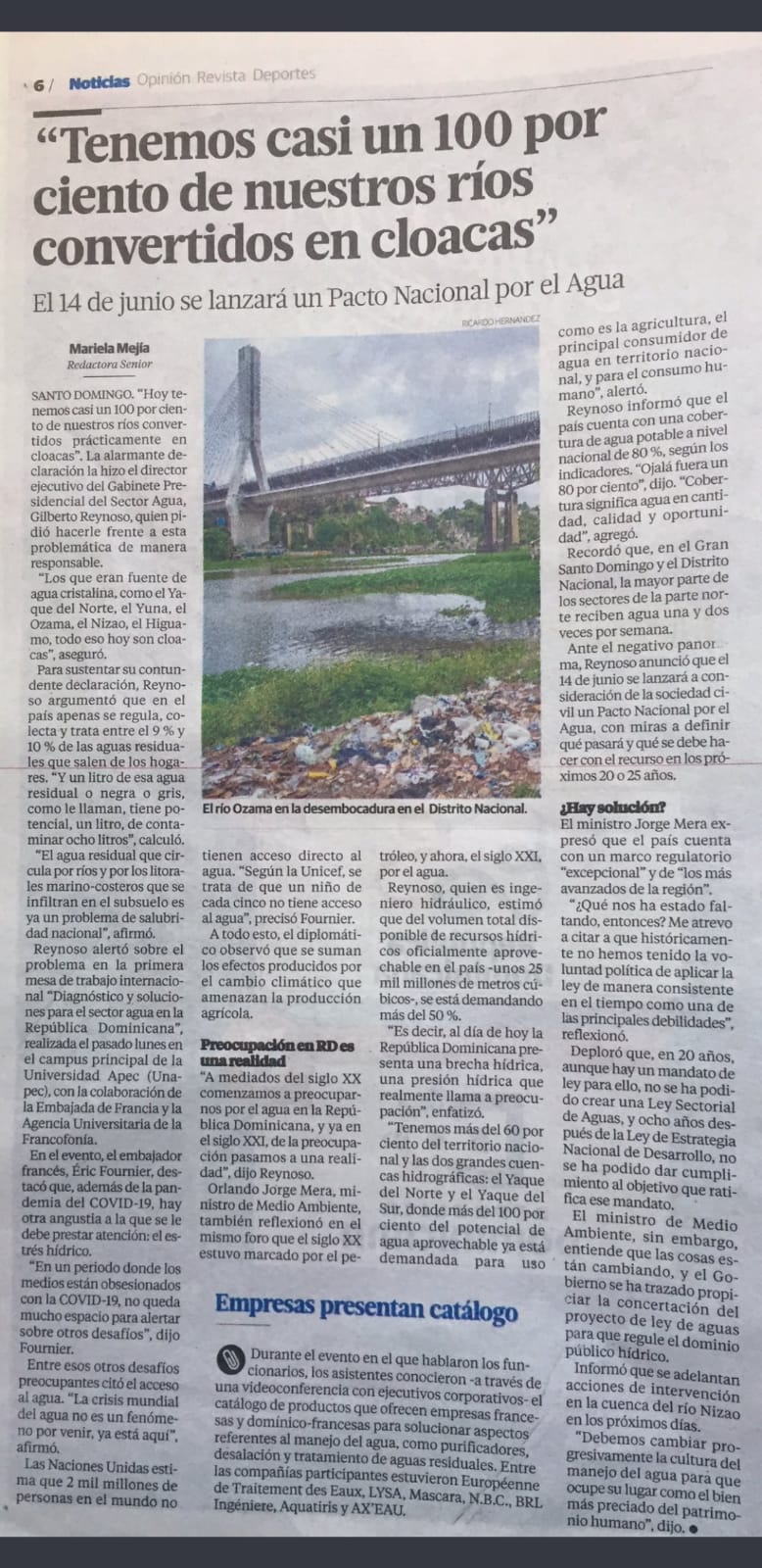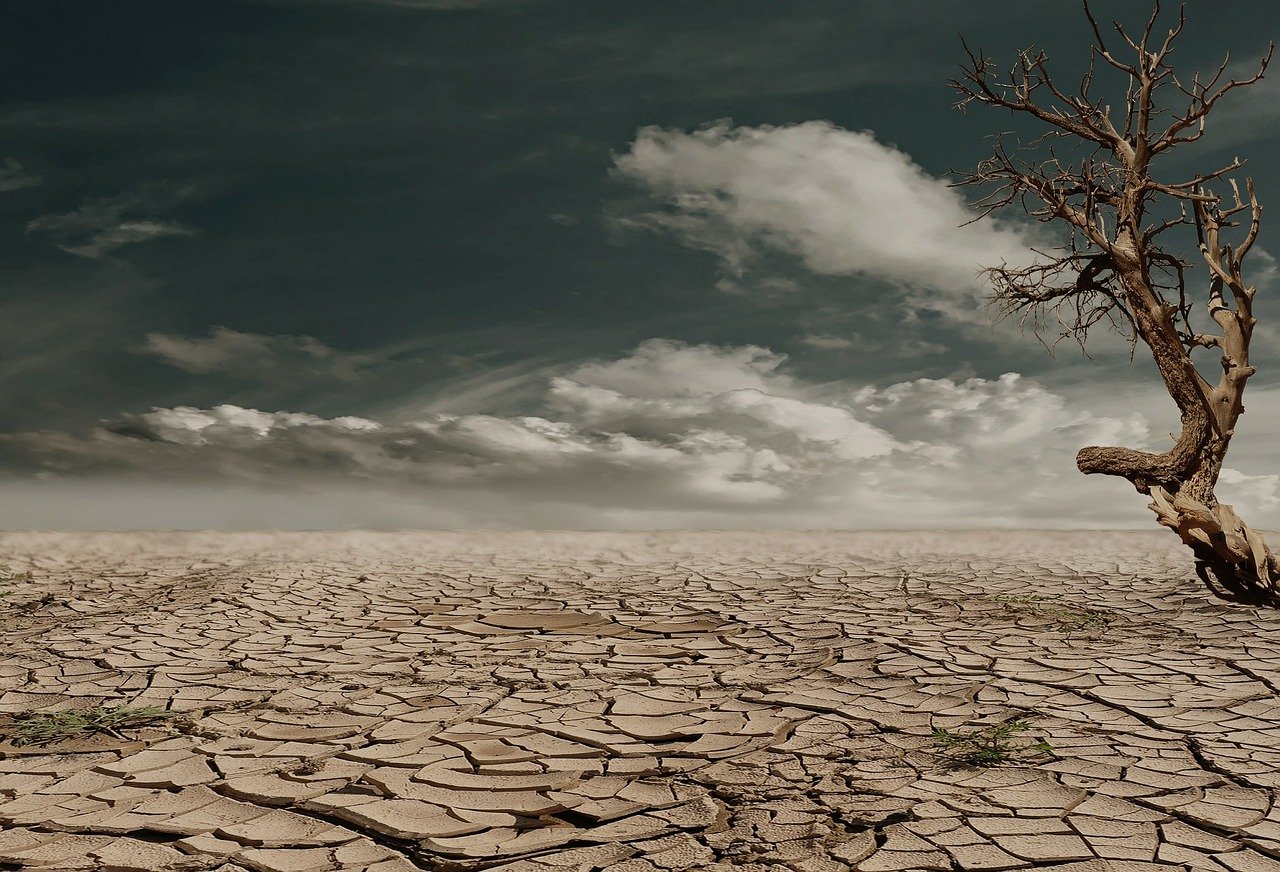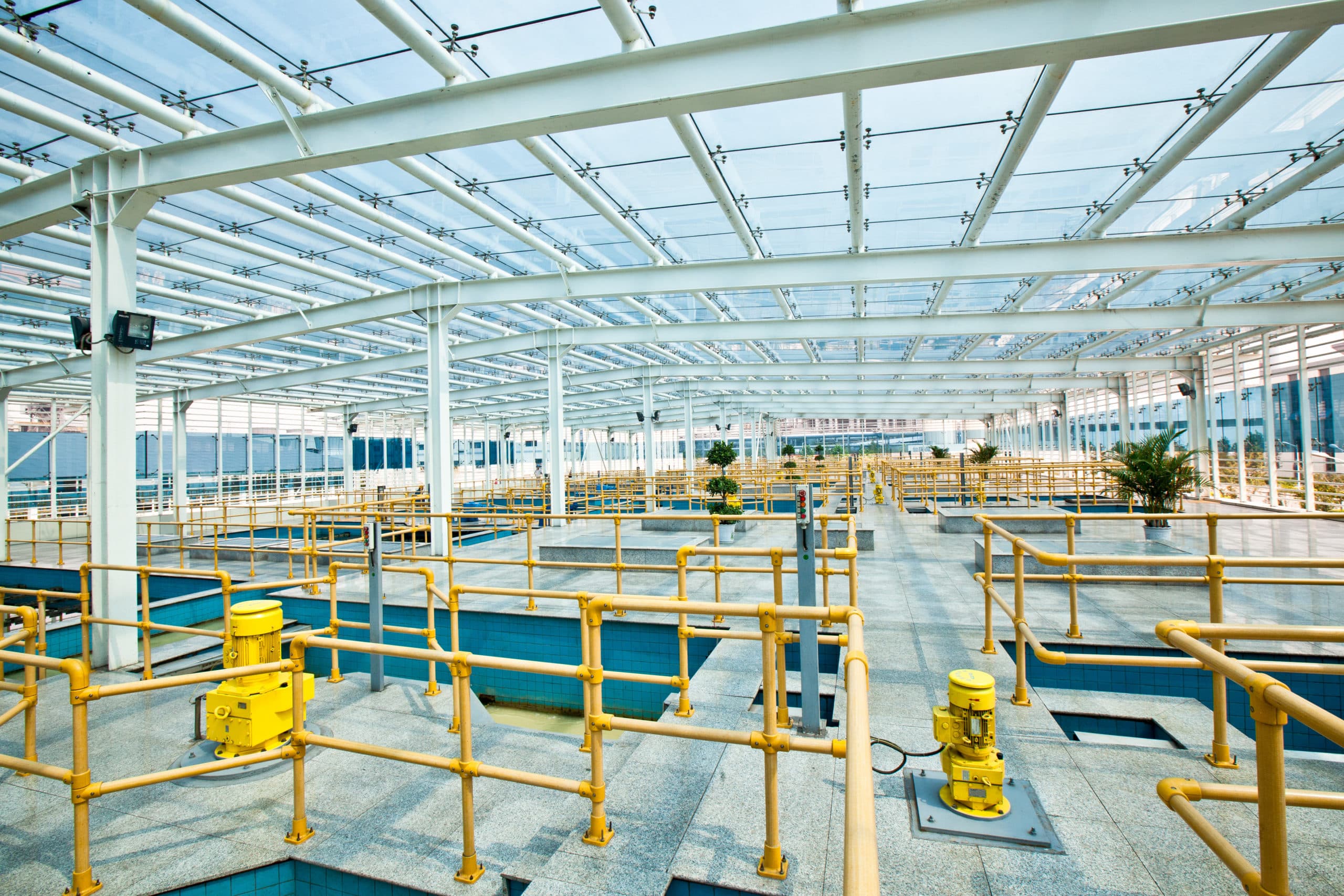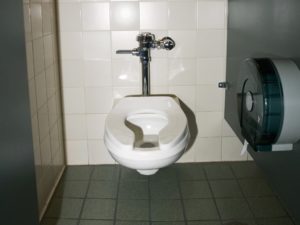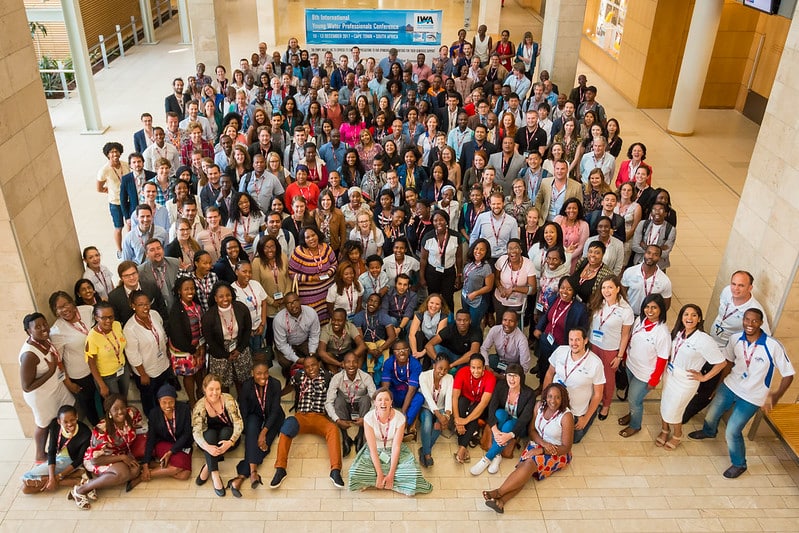Engineer Mamdouh Raslan, Chairman of the Holding Company for Water and Wastewater for drinking water and sanitation, stressed today, Wednesday 16 June 2021, the importance of developing working mechanisms in the financial, commercial and customer service sectors, facilitating, simplifying and easing procurement procedures and putting in place controls to ensure accountability for actual readings, to ensure the provision of exceptional service to citizens.
The Holding Company for Water and Sanitation organised a training course, in coordination with many experts and specialists from AgroParisTech, with the participation of the managers of the financial, commercial and customer service departments to build capacity and qualify its managers in the area of customer service and the financial and commercial departments of the subsidiaries at the Republic level.
The training course included a discussion on the mechanisms of developing a customer service management database, auditing and identifying the weaknesses and strengths of the affiliates in providing services to customers, in order to determine the criteria according to which commercial and financial services can be developed.
Dr. Rifaat Abdel Wahab, training programme manager and research and development consultant at the Holding Company for Drinking Water and Sanitation, stressed the importance of transferring know-how and taking advantage of advanced technologies in French water companies to develop and improve customer service, financial service and commercial services, which directly affect the citizen.
He added that the subject of the course covers the mechanisms of customer service development, the billing system, the number of subscribers and the presentation of the offers of the subsidiaries over a period of two days of training, to arrive at the most important recommendations and guidelines that can be applied in the coming period.
The training, launched by the Holding for Drinking Water and Sanitation in cooperation with the French authorities, with the support of the French Development Agency (AFD) and SUEZ, aims at improving financial and commercial aspects, developing customer service and creating qualified leaders for the advancement of the drinking water and sanitation sector.
He pointed out that a training course will be held in Cairo from June 27 to July 1 in the presence of French experts and specialists, with the aim of training executives within the Holding and its subsidiaries.
Dr. Mohsen Abdel Gaid, head of the financial and commercial sector, made a presentation examining the vision of the Holding Company to reach the level of the global industry in the management of drinking water and wastewater enterprises in Egypt. Its mission is to manage drinking water and help wastewater companies to provide their services in accordance with Egyptian standards on the basis of economy and sustainable development.
He explained that one of the most important tasks of the commercial affairs is to complete the contracting procedures for new subscribers, open their files and records, enter their data into the computer, open the meter records and monitor their reading, supervise and elaborate the billing of the customers’ water consumption system and supervise the organisation of communication and exchange of information between the agencies. It will also be necessary to participate in the preparation of commercial studies, to propose systems and procedures necessary to strengthen the control and inspection function to eliminate illegal connections.
He indicated that the commercial sector is in permanent contact with the departments of the technical support sector, the financial sector, the technical office, human resources and projects.

